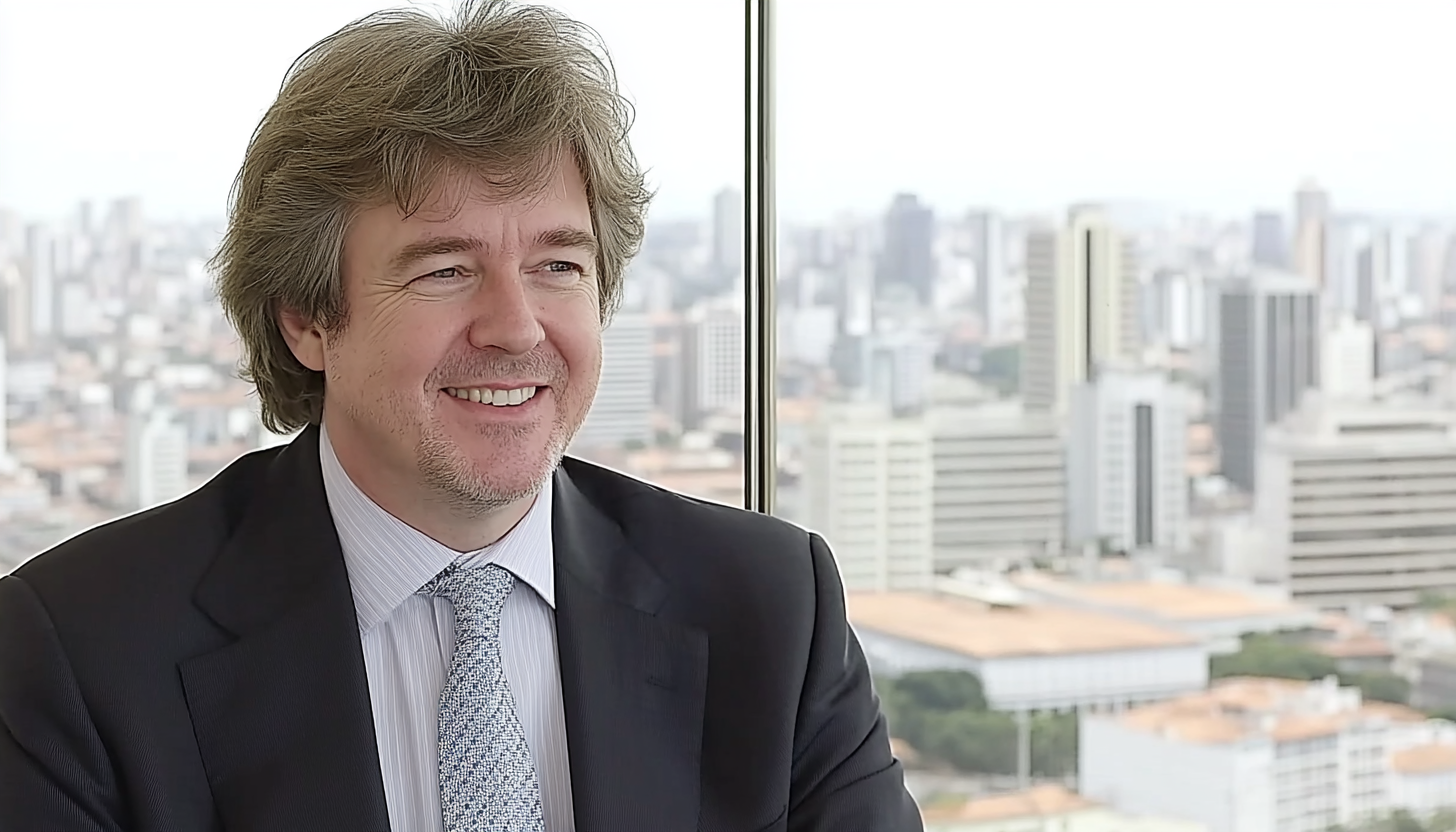Brazil is quickly emerging as a significant destination for multinational companies looking to expand their business. The executive search Sao Paulo exemplifies a growing trend, as organizations utilize experienced recruiters and headhunters to secure top talent in the region. Understanding how these recruitment processes work and identifying reliable partners can significantly shape a company’s success in Brazil.

Understanding Executive Search in São Paulo
Executive search in São Paulo has primed itself as a leading service within the recruitment sector, primarily due to the city’s dynamic economic landscape and diverse industries. The process is meticulous and strategically designed to match exceptional professionals with suitable roles, focusing particularly on executives and key decision-makers. Companies that opt for executive search services benefit from a dedicated approach, ensuring the right professional fit, culture alignment, and long-term success for their operations in Brazil.
Utilizing local expertise provided by seasoned headhunters has proved indispensable, especially given São Paulo’s particularities such as its competitive business environment and distinctive work culture. Thus, engaging professionals familiar with the nuances of hiring Brazilian talent ensures optimal outcomes, significantly contributing to the company’s growth trajectory.
Choosing Top Recruitment Agencies in Brazil
Brazilian recruitment agencies span across significant commercial hubs, from Curitiba to Belo Horizonte and São Paulo. Selecting a reliable agency greatly influences the efficiency and outcome of the recruitment process. These agencies often leverage deep market insights, extensive candidate databases, and advanced recruitment solutions.
In Curitiba and Belo Horizonte, local recruitment agencies offer targeted services tailored to regional industries and skill sets. For instance, hiring software engineers in these locations has become markedly easier with the rise of agencies focusing specifically on technology and software development. Agencies specializing in these fields often maintain connections with local technical universities, innovation hubs, and professional networks, substantially accelerating the hiring process.
Advantages of Hiring Headhunters in Curitiba and Belo Horizonte
Recruitment through specialized headhunters in Curitiba and Belo Horizonte provides unique advantages. Headhunters bring strong personal networks, extensive industry knowledge, and emphasize quality over quantity. Businesses aiming precisely at key executive roles or technical specialties frequently prefer the precision provided by professional headhunters.

Moreover, headhunters swiftly navigate the local job market, reducing the time spent identifying and vetting potential candidates. Whether it’s a leadership position in Curitiba’s thriving innovation ecosystem or a senior management role within Belo Horizonte’s business sector, professional headhunters efficiently connect businesses with elite talent. This efficiency not only translates to reduced overall cost but also delivers sustained growth through highly qualified hires.
Key Considerations for Legal Headhunters in Brazil
Legal headhunters Brazil represents another specialized recruitment field crucial for multinational firms exploring the Brazilian market. These professionals deeply understand Brazil’s complex and evolving legal landscape, helping international corporations not only comply with local regulations but also effectively integrate into the Brazilian business environment.
Choosing expert legal headhunters ensures companies secure professionals adept at handling complex Brazilian legal processes, compliance, and corporate governance aspects. This becomes essential in safeguarding company operations against any unforeseen legal risks, ensuring a smooth operational transition and sustained growth.
Why Multinationals Are Hiring Software Engineers in Brazil
Brazil has become an international hotspot for hiring software developers and engineers due to its robust technical talent pool and competitive labor costs compared to other countries. Companies looking to hire developers in Brazil benefit from access to highly skilled individuals, many trained in prestigious universities and tech institutes, renowned globally for their innovative thinking and problem-solving capabilities.

Furthermore, government incentives, investment in digital infrastructure, and growing tech hubs significantly contribute to attracting multinational tech companies. Consequently, firms increasingly view Brazil as a strategic location for nearshore software development, thereby ensuring efficient project management, cultural alignment, and streamlined communication within similar time zones.
Best Practices to Hire Software Developers Effectively in Brazil
Effectively hiring software engineers in Brazil involves several best practices that companies would do well to observe. Firstly, collaborating with established headhunters or recruitment agencies familiar with the Brazilian technology landscape considerably streamlines the recruitment process. They provide in-depth market data, manage candidate expectations, and ensure cultural compatibility, enhancing overall recruitment solutions.
Secondly, clearly communicated expectations regarding project responsibilities, performance outcomes, and career development opportunities prominently feature among successful hiring practices. Transparent negotiations, competitive compensation packages, and clearly outlined career pathways significantly bolster employer branding, enabling firms to attract and retain talented developers long term.
Executive Search in Curitiba: What You Need to Know
When delving specifically into executive search Curitiba, it’s important to recognize that the city provides outstanding opportunities, particularly within its innovative tech and software development sectors. Curitiba regularly appears among Brazil’s most prestigious and livable cities, attracting a diverse pool of professionals and fostering a vibrant business community that incentivizes sustainable growth.
Executive recruiting in Curitiba typically emphasizes professionals who not only excel technically but also demonstrate creativity, strategic mindset, and adaptability—essential attributes for companies aiming to establish a strong and innovative presence in the region.

Understanding the Benefits of Recruitment Agencies in Brazil
Leveraging the capabilities provided by reliable recruitment agencies in Brazil remains essential in today’s competitive labor market. These agencies facilitate the intricate recruitment process, enabling businesses to rapidly fill positions without sacrificing candidate quality or overall productivity. Agencies proficient in hiring brazilian professionals significantly improve the effectiveness and speed of recruitment processes through their comprehensive talent databases and recruitment methods uniquely suited to the Brazilian market.
Essential Factors for Successful Hiring in Brazil
To successfully hire in Brazil, companies must adequately address several essential factors. Understanding Brazil’s labor laws, cultural nuances, and market expectations ensures seamless recruitment management. Building strategic partnerships with reputable recruitment agencies and headhunters ensures consistently positive outcomes, while also enhancing local talent acquisition and long-term company success.
Taking the aforementioned practices and insights into account allows organizations to effectively navigate the Brazilian hiring landscape, positioning themselves for sustained success in one of the world’s most dynamic economies.
